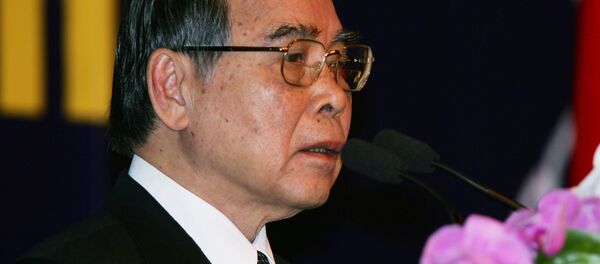According to former ambassador Ted Osius, the Trump administration urged him to push the Vietnamese government to accept former residents who had escaped the country after the fall of Saigon in 1975.
"The majority targeted for deportation — sometimes for minor infractions — were war refugees who had sided with the United States, whose loyalty was to the flag of a nation that no longer exists," Osius wrote in a paper for the Foreign Service Journal this month, according to the South China Morning Post (SCMP).
"And they were to be ‘returned' decades later to a nation ruled by a communist regime with which they had never reconciled. I feared many would become human rights cases, and our government would be culpable," he added.
Osius states that such deportations would sever ties between the US and Vietnam in a politically sensitive time, particularly given the current North Korean threat.
"I voiced my objections, was instructed to remain silent, and decided there was an ethical line that I could not cross if I wished to retain my integrity," he wrote.
According to an unidentified state department spokesperson, deporting people with final orders of removal is extremely important to the US government.
"The US government requires the cooperation of foreign governments to facilitate the return of their nationals who have been ordered removed from the United States after exhausting their rights to legal process," the spokesperson said, cited by SCMP.
In 2008, US and Vietnam agreed that Vietnamese immigrants who came into the US before 1995 could not be deported. Around 2 million people fled Vietnam following the war between the two countries.
The US considers Vietnam a "recalcitrant" country, because it does not abide by US immigrant removal orders, the US Immigrant and Customs Enforcement reported.
"The challenges to the foreign service, and to our democracy, are existential. Some who remain at state feel besieged and demoralised," Osius wrote in his essay. "Yet I urge those foreign service officers who believe in making a difference to remain, if possible, because it is still a privilege to serve our country."




